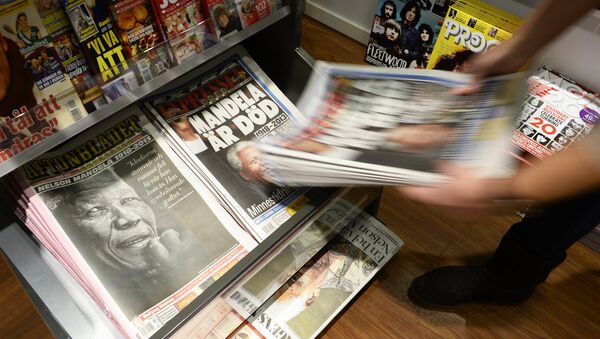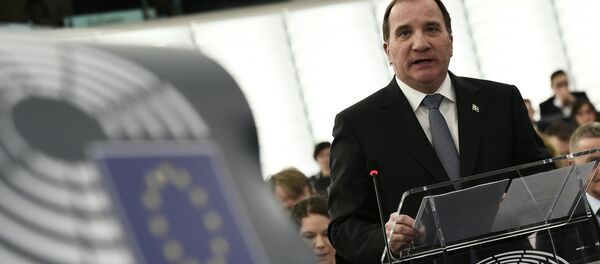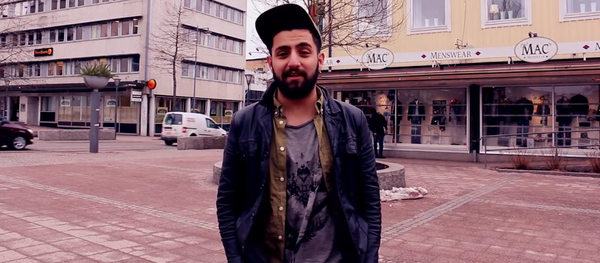Recently, there has been a lively debate in Sweden about the media's credibility regarding such tender areas as immigration and the crime rate. Various sources claim that the Swedish media have a significant leftist bias and are sugarcoating the influx of refugees from the third world, claiming that they are beneficial for Sweden's economy and cajoling the public opinion into a mellow reception of newcomers.
The joint survey by the DN and Ipsos shows, however, that the general public has great confidence in both Swedish Television and Swedish Radio, as well as the Swedish newspaper Svenska Dagbladet: 75 percent of respondents are reported to have fairly strong confidence in Swedish Television, whereas confidence in Swedish Radio amounts to 73 percent. The country's leading morning papers Dagens Nyheter and Svenska Dagbladet failed to reach the same trust levels, nevertheless achieving a solid trust level of above 50 percent. However, Aftonbladet, the country's leading tabloid, scored a trust level of only 21 percent.
"People believe that the media in general provide a reasonable picture of society. However, we are talking about overall media confidence, which does not prevent people from having their areas of doubt," says Lennart Weibull, senior professor at the SOM Institute of Gothenburg University.
Although confidence figures currently are good, there is an underlying danger, argues the media professor, who simultaneously points to economic problems stemming from circulation and advertising revenues.
"The largest risk is that companies choose to proceed with expenditure cuts. Providing more resources for quality journalism establishes credibility," says Lennart Weibull.





